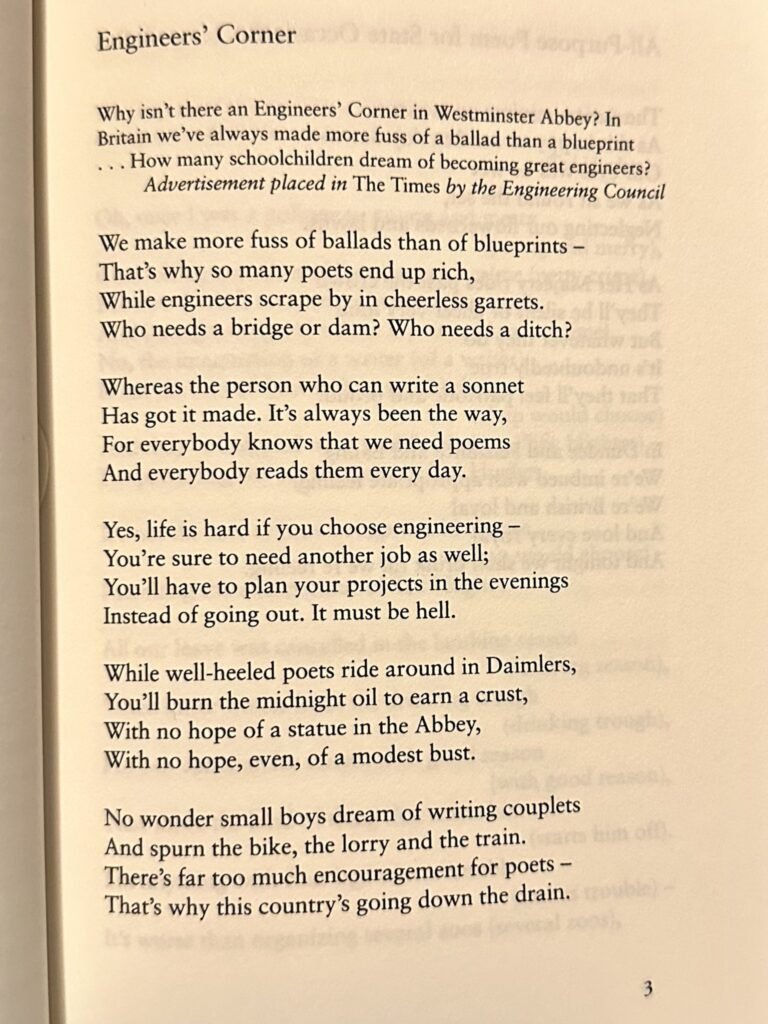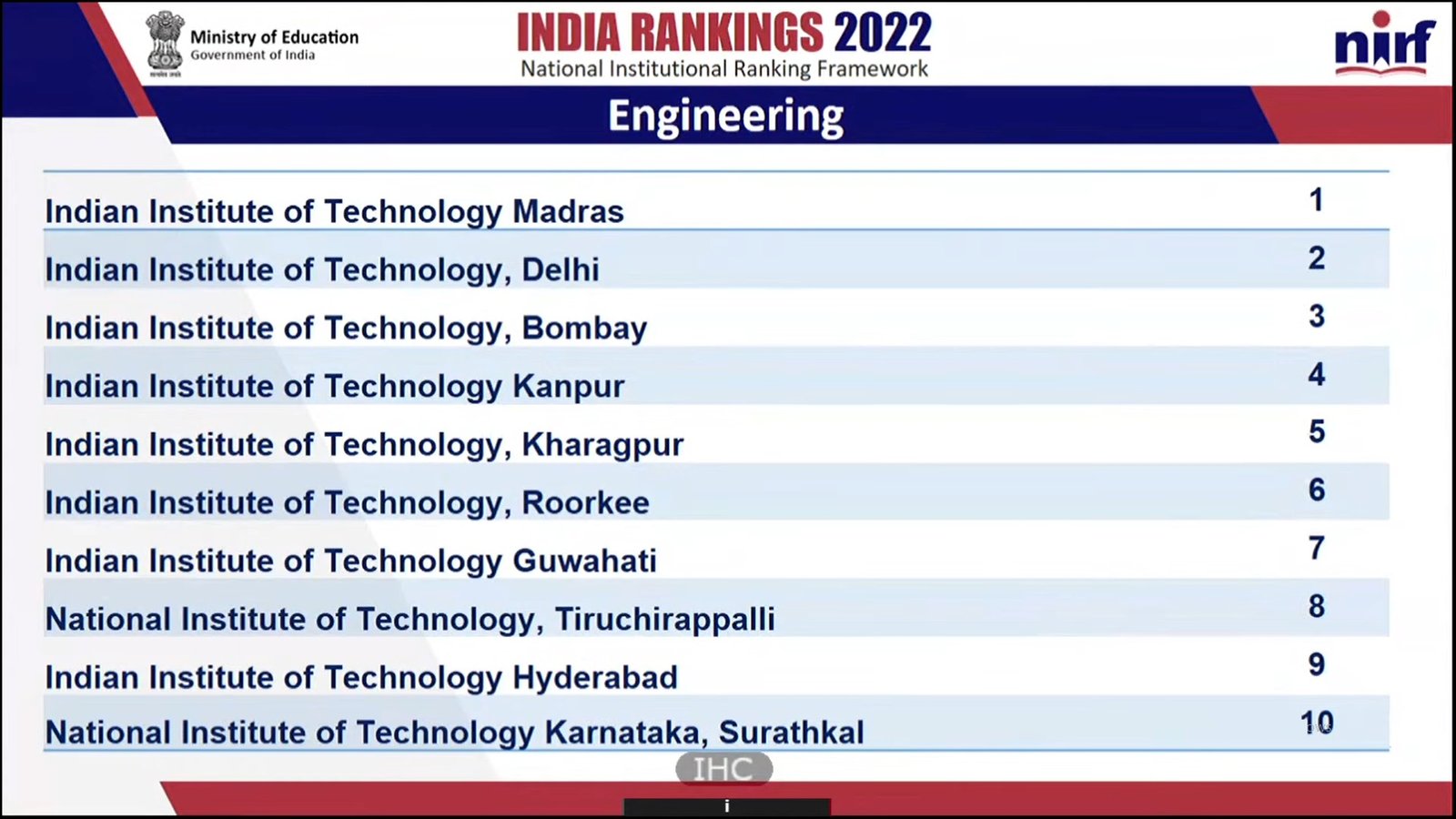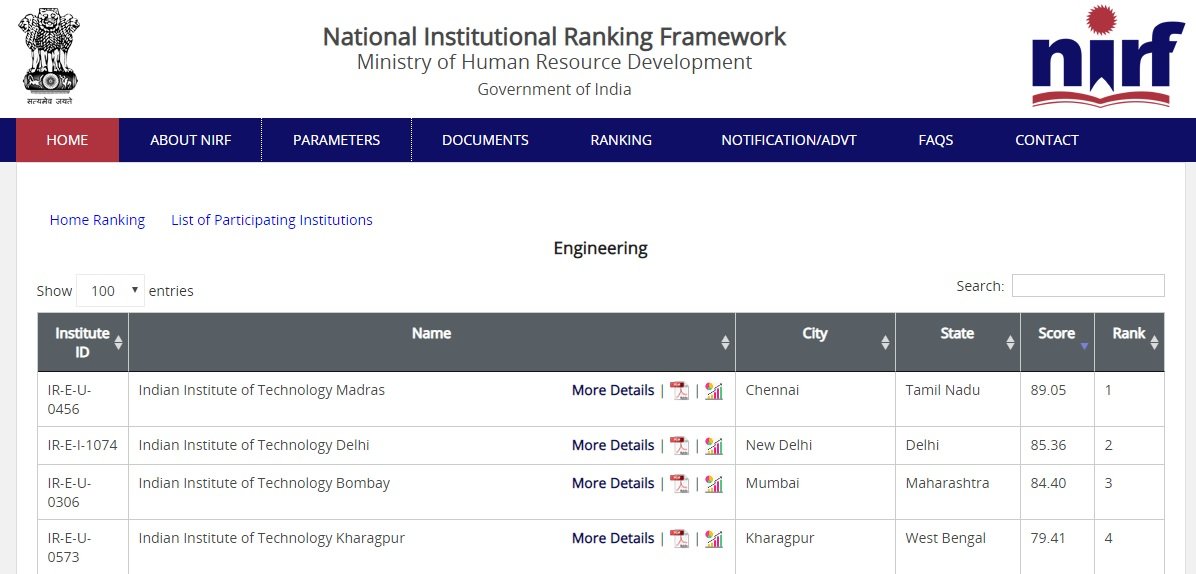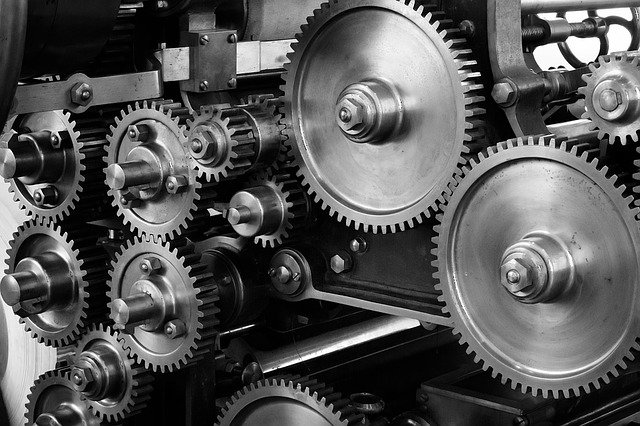In the halls of Westminster Abbey, one might expect to find monuments dedicated to the most illustrious figures of British history. Yet, as an advertisement placed by the Engineering Council in The Times poignantly asks, “Why isn’t there an Engineers’ Corner in Westminster Abbey?” This question, though simple, touches upon a broader cultural sentiment in Britain—one that has long favored the arts over the sciences, particularly engineering.
Wendy Cope, a renowned British poet, captures this sentiment with a satirical edge in her poem Engineers’ Corner. Through her witty verses, Cope highlights the often overlooked and underappreciated contributions of engineers to society.
Engineers Corner Poem by Wendy Cope
“Engineers’ Corner
Why isn’t there an Engineers’ Corner in Westminster Abbey? In Britain we’ve always made more fuss of a ballad than a blueprint… How many schoolchildren dream of becoming great engineers?
-advertisement placed in The Times by the Engineering Council
We make more fuss of ballads than of blueprints,
That’s why so many poets end up rich,
While engineers scrape by in cheerless garrets.
Who needs a bridge or dam? Who needs a ditch?
Whereas the person who can write a sonnet
Has got it made. It’s always been the way,
For everybody knows that we need poems
And everybody reads them every day.
Yes, life is hard if you choose engineering,
You’re sure to need another job as well;
You’ll have to plan your projects in the evenings
Instead of going out. It must be hell.
While well-heeled poets ride around in Daimlers,
You’ll burn the midnight oil to earn a crust,
With no hope of a statue in the Abbey,
With no hope, even, of a modest bust.
No wonder small boys dream of writing couplets
And spurn the bike, the lorry and the train.
There’s far too much encouragement of poets —
That’s why this country’s going down the drain.”
– By Wendy Cope
The Ballad vs. The Blueprint
Cope begins by juxtaposing the value placed on artistic endeavors versus technical achievements: “We make more fuss of ballads than of blueprints.” This line underscores the cultural disparity between the recognition afforded to poets and engineers. While poets are often celebrated and even immortalized in places like Westminster Abbey, engineers—the very minds behind the infrastructure that sustains modern life—are frequently left unacknowledged.
The poem continues with a humorous but biting commentary on the economic realities faced by engineers: “That’s why so many poets end up rich, / While engineers scrape by in cheerless garrets.” Cope’s satire here reflects a broader truth about how society values creative work over technical innovation, despite the latter’s essential role in advancing civilization.
The Struggles of Engineers
Cope further delves into the hardships faced by those who choose a career in engineering. Unlike poets, who are often idealized as leading glamorous lives, engineers toil away in obscurity. “Yes, life is hard if you choose engineering— You’re sure to need another job as well.” This line hints at the financial instability that many engineers face, particularly in a society that does not always prioritize their contributions.
The poem’s humor peaks as Cope imagines the luxurious lifestyle of successful poets. This is contrasted with the struggles of engineers: “While well-heeled poets ride around in Daimlers, You’ll burn the midnight oil to earn a crust.” This vivid imagery highlights the disparity between the perceived value of artistic versus technical professions.
A Call for Recognition
Through her clever use of satire, Cope not only criticizes the undervaluation of engineers but also calls for a reexamination of how society allocates recognition and honor. The absence of an “Engineers’ Corner” in Westminster Abbey symbolizes a broader neglect of the engineering profession. This is despite its critical importance to the nation’s development and well-being.
Cope’s poem serves as a reminder that while art and literature are vital to culture, the contributions of engineers are no less essential. The poem concludes with a lament about the country’s decline due to the over-encouragement of poets. It subtly calls for a greater appreciation of those who build, innovate, and sustain the physical world around us.
About Wendy Cope
Wendy Cope is a British poet known for her sharp wit and keen observations on life and society. Born in 1945, she has published several collections of poetry, including Making Cocoa for Kingsley Amis and Serious Concerns. Her work often explores themes of love, humor, and the absurdities of modern life. Cope’s poems are celebrated for their accessibility, wit, and ability to resonate with a wide audience. Engineers’ Corner is a prime example of her talent for blending humor with social commentary, making it both a delightful and thought-provoking read.
For those interested in reading the original poem, you can find it here.
Conclusion
Wendy Cope’s Engineers’ Corner is more than just a humorous take on the lives of engineers; it is a call to recognize and honor the essential work they do. In a world where ballads often overshadow blueprints, Cope’s poem serves as a timely reminder of the value of engineering and the need to give it the respect and recognition it deserves.
Perhaps it’s time to reconsider the contents of Westminster Abbey and make room for those who have shaped our world not with words, but with the very structures we
live in and rely upon every day. By appreciating the often-unseen work of engineers, we can ensure that their contributions are celebrated alongside the artistic achievements that have historically captured the public’s imagination.
Wendy Cope’s poem humorously yet powerfully advocates for a balance in how we value different professions, encouraging a broader cultural shift that honors all forms of creativity and innovation.
Content and Poem Source: MIT









